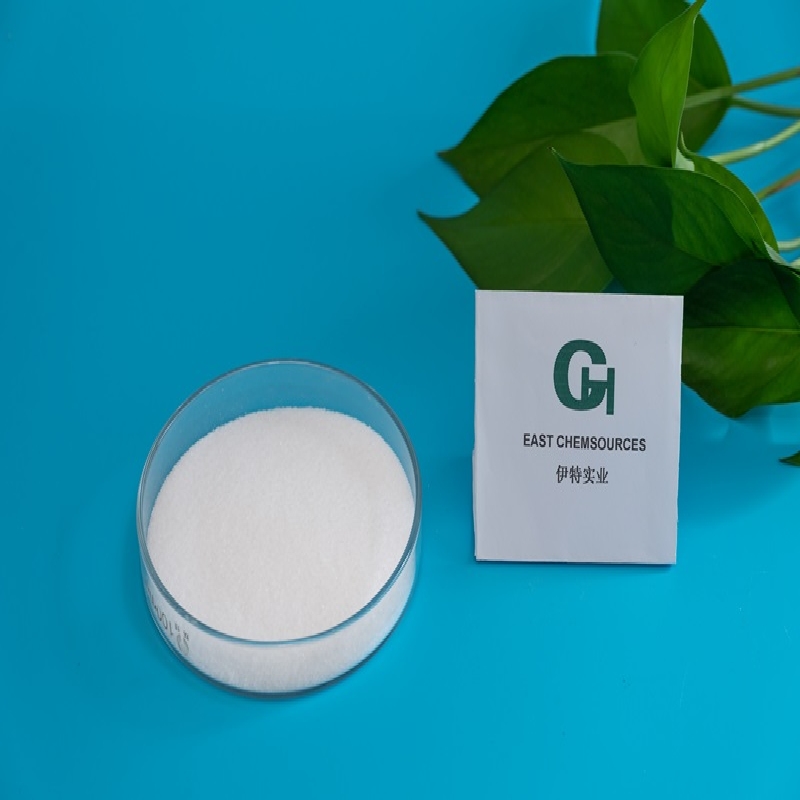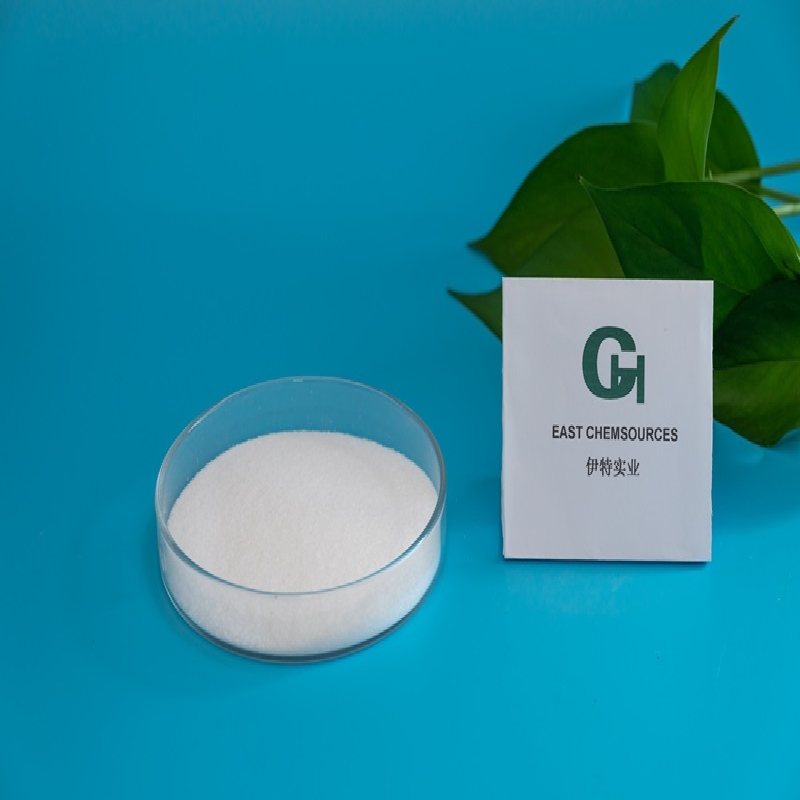-
Categories
-
Pharmaceutical Intermediates
-
Active Pharmaceutical Ingredients
-
Food Additives
- Industrial Coatings
- Agrochemicals
- Dyes and Pigments
- Surfactant
- Flavors and Fragrances
- Chemical Reagents
- Catalyst and Auxiliary
- Natural Products
- Inorganic Chemistry
-
Organic Chemistry
-
Biochemical Engineering
- Analytical Chemistry
- Cosmetic Ingredient
-
Pharmaceutical Intermediates
Promotion
ECHEMI Mall
Wholesale
Weekly Price
Exhibition
News
-
Trade Service
In recent years, microecological regulators have made great progress in regulating the intestinal microecology and improving various diseases.
In recent years, the prevention of type 2 diabetes (T2DM) by intestinal microecological preparations that are easy to produce and popular has become a research hotspot.
Energy Metabolism
Energy MetabolismHumans cannot digest oligosaccharides, but the intestinal flora such as Bacteroides, Bifidobacterium and Enterobacter in the healthy intestinal micro-ecological environment can break down cellulose and cholesterol into short-chain fatty acids (SCFA) and bile acids.
The energy of SCFA also affects the intestinal flora and its host, and thus affects the insulin sensitivity of the host's peripheral tissues.
Bile acids participate in the regulation of glucose and lipid metabolism and improve insulin sensitivity.
The application of prebiotics such as oligosaccharides can promote the synthesis of GLP-1 and GLP-2 in the proximal colon, and can promote the proliferation of endocrine cells that produce GLP-1 and GLP-2 in the jejunum and colon.
Intestinal mucosal barrier function
Intestinal mucosal barrier functionStudies have shown that the intestinal flora can affect the barrier function of the intestinal mucosa.
Probiotics can increase the proportion of beneficial bacteria in the intestinal tract, and attach to the intestinal mucosa to antagonize harmful bacteria.
SCFA can participate in the regulation of intestinal pH value.
The progression of chronic inflammation
The progression of chronic inflammationInflammation can promote the apoptosis of pancreatic β-cells through a variety of pathways.
Intestinal microecological preparations can reduce chronic inflammation mainly in two aspects: ① Increase the proportion of beneficial bacteria in the intestine and reduce the colonization of harmful bacteria on the surface of the intestinal mucosa.
With the increase in the incidence of T2DM in my country and the improvement of people's related knowledge, the market for health care products for the prevention and treatment of T2DM has also expanded rapidly.
Domestic dairy products with probiotics and prebiotics are becoming more and more abundant, but for products with a mixture of multiple strains, most of them do not indicate the activity and content of various probiotics.
Reference
Reference[1].
[1].
[2] Han Fang, Jin Xiaoling, Liu Ye, Li Xiaodi, Gao Xiaoli.
Application of probiotics in the prevention of type 2 diabetes [J].
Medical Review, 2021, 27(01): 153-157.







